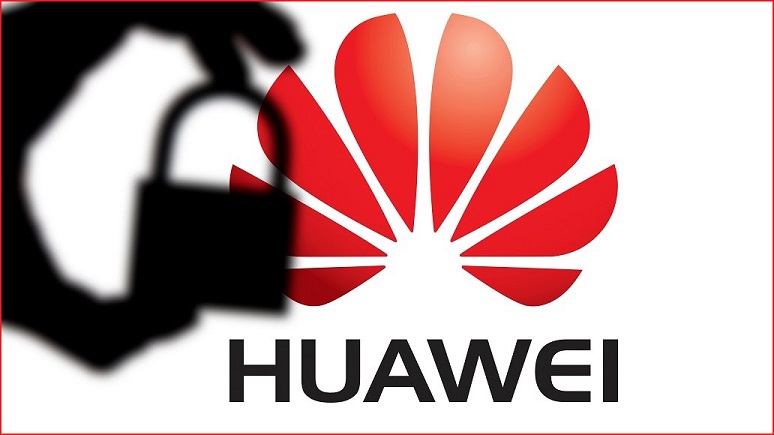The ever-persistent Huawei is still pushing to build Australia’s 5G network.
In two recent parliamentary submissions, the Chinese telco has outlined new arguments in favour of being involved in the rollout of Australia’s next gen mobile network.
Huawei first recommended that Australia’s 2020 Cyber Security Strategy – currently being reviewed by the Department of Home Affairs – include a number of provisions to bolster 5G cybersecurity.
Unsurprisingly, these recommendations encourage the government to open the 5G vendor market to “reduce the over-dependence from 1-2 vendors, and ensure there is a more competitive, sustainable and diverse supply chain”.
“This is critical to driver higher quality, innovation and reduce the risk of national dependency on individual suppliers, regardless of where their HQ is located,” the Huawei submission read.
A spokesperson for the Department of Home Affairs told Information Age that it welcomed “all views and perspectives” on the cyber strategy, and that the government was not discriminating on Huawei based on the location of its headquarters.
“Under Australian law, network operators are required to protect Australian communications, including 5G networks, from unauthorised access and interference,” the spokesperson said.
“Our security controls for 5G networks are not targeted at particular countries or companies and were determined following a comprehensive and objective review of the national security risks unique to 5G networks in Australia.
“These controls apply equally to all nations and vendors.”
Counting the cost of 5G
In a busy week for submissions, Huawei also jumped onto the parliamentary inquiry into 5G in Australia, conducted by the Standing Committee on Communications and the Arts.
So far, the public submissions process has been inundated by people concerned about the health risks of 5G radiation (despite this issue being debunked by the Australian radiation regulator).
On Friday, Huawei entered the mix with a self-promoting submission claiming that its exclusion from the network would result in higher costs for consumers.
“The exclusion of Huawei in Australia’s 5G roll-out will act as a 5G tax on Australian citizens,” the submission said.
“Australian operators will pay between 20%-40% more than the rest of the world for 5G technology.
“This cost will mean Australian’s [sic] will have higher telecom bills at a time when they are already suffering from higher electricity and petrol prices.”
Since August last year, Huawei has been barred from providing equipment to Australia’s 5G network because of the likelihood that it may be “subject to extrajudicial directions from a foreign government that conflict with Australian law”.
Questions about Huawei’s trustworthiness have been raised in conjunction with the Chinese National Intelligence Law that passed in 2017.
It states that “any organisation or citizen shall support, assist and cooperate with the state intelligence work in accordance with the law” and that “the state protects individuals and organisations that support, assist and cooperate with national intelligence work”.
Huawei naturally denies the power of Chinese state authorities to “plant backdoors, eavesdropping or spyware in telecommunications equipment”.
“Huawei has never received such a request and we would categorically refuse to comply if we did,” the Huawei 5G Inquiry submission said.
The embattled Chinese telco has been working hard to overturn bans in the US, UK, and Australia.
In August, Huawei warned it may have to cut its local workforce in half due to the ban.
A month later, Huawei announced it would consider reselling its own technology to get into closed markets.










